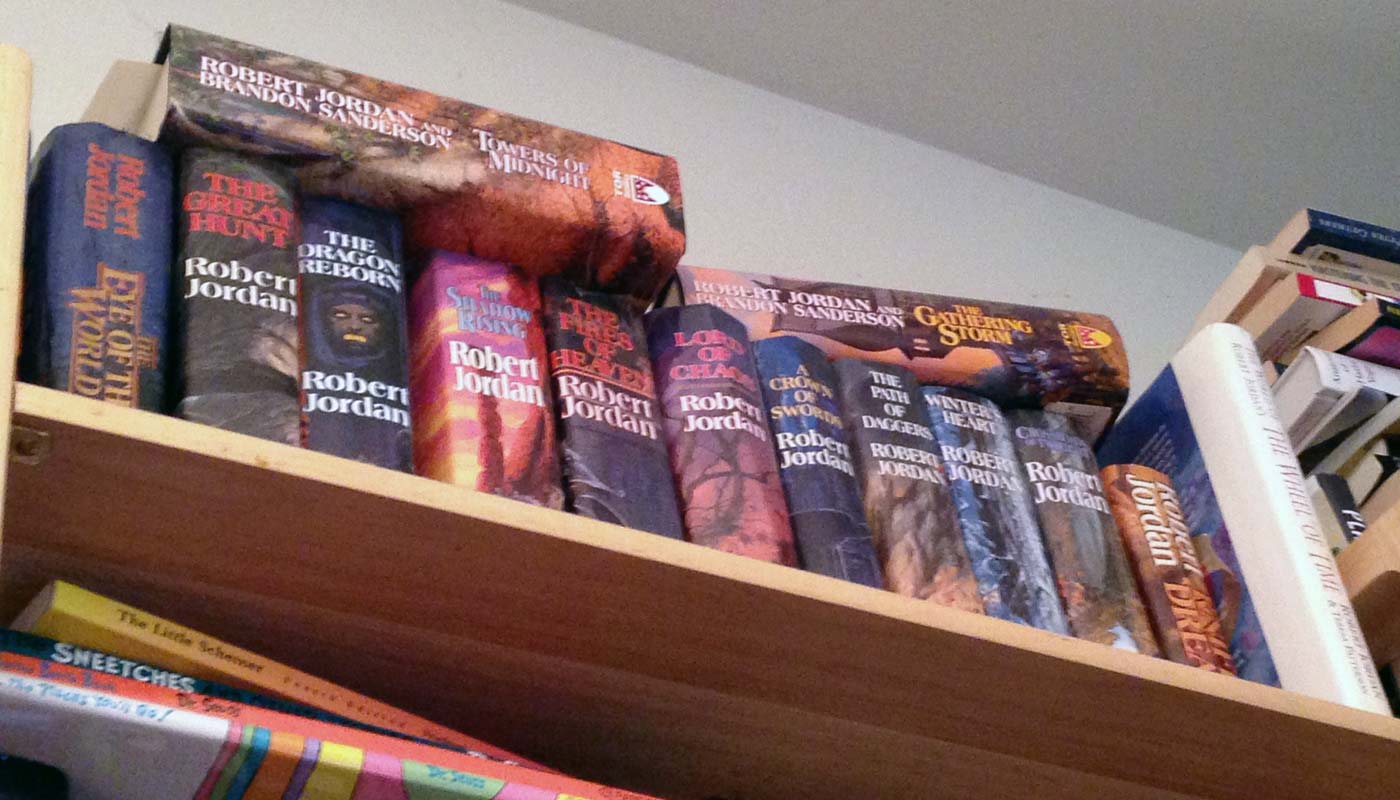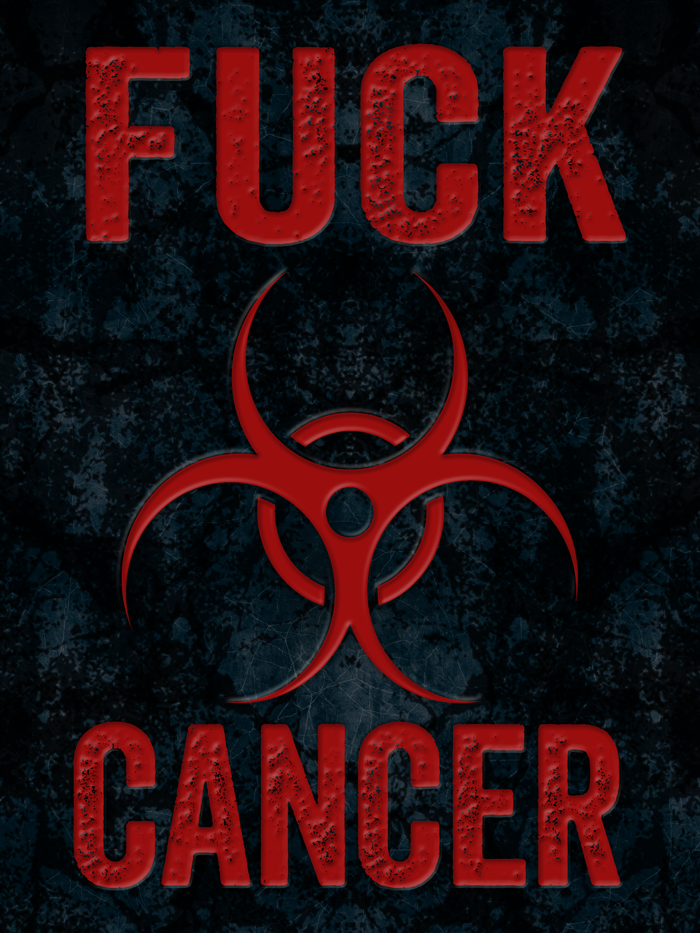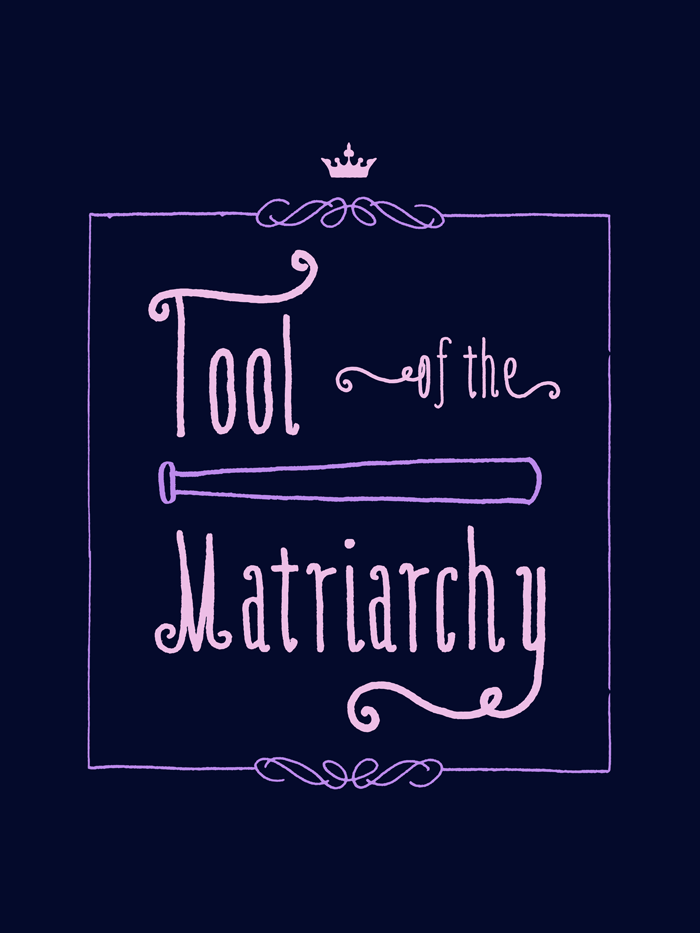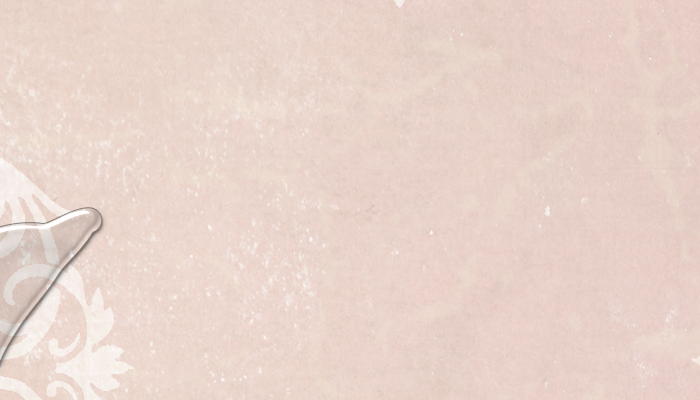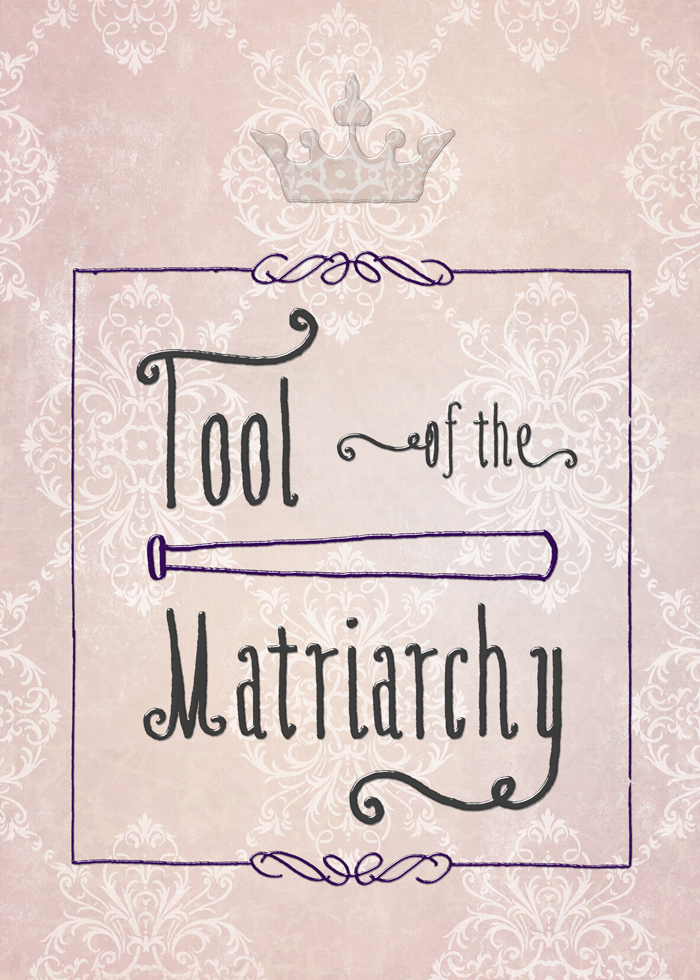The Seventies: Getting into Programming
14 May 2014
Note: this is part of a much longer piece I’m writing, which I’ll announce later. I thought you’d enjoy this first draft excerpt.
I took my first programming class in the summer of 1975; I was 15 when I started. The programming lab was in the math and science building of Saddleback College. Back in those days, they had a Data General Nova 3 minicomputer with 64K of core memory (not RAM) and 64K of floating point core. Now, those of you who’ve never seen core memory, each bit is a magnet on a larger lattice framework and 64k of core took up a significant amount of space, though what we had, both floating point and regular memory, probably fit into less space than that photo I linked to.
Saddleback’s Nova did have a hard drive that was about the size of a washing machine, with one fixed platter set and one removable one. I don’t remember exactly how much drive space it had, but let’s just say it was a handful of megabytes.
I grew fascinated with the computer lab. The smell of the oil on the paper tape drives, the sound of the hard drives seeking, the gentle clicking of other switches and relays, the drama when the multiplexer melted over 4th of July weekend. I loved every bit of it.
My dad had said, “You like puzzles, you’re good at math. You’d be great at this, and you might actually enjoy it.” Back then, programming wasn’t a big industry, so he didn’t actually expect it to be a field I’d really go into. It was more one of those parental “hey, check it out” things.
At the time, I was extremely shy, and screwing up in front of other people, or where other people could watch, was my least favorite thing ever.
So, even though I considered it impersonal, that was precisely why programming worked for me. If I couldn’t figure something out right away, the computer would tell me I was wrong and I’d suffer in silence. I’d work at different approaches to the problem until I understood it well enough that I’d have the solution worked out.
Because of my immersion into computers and programming, when there was an opening for a lab assistant the next term, I was offered the position, and accepted. I learned more about the Nova minicomputers and read the entire thick manual on operating it, trying to understand the relationship between assembler (which I had not yet taken, but could read through simpler bits of) and the binary it translated into.
The minicomputer took up about half a rack, and its hard drives cabinets were about the size of a modern washing machine. The entire thing needed enough power that it had to have a raised subfloor, quite common in computer rooms of the day.
When booting the Nova every morning when the lab opened, someone had to hand-check the paper tape driver in binary using the front panel switches. Now, one of the beauties of core memory is that it’s non-volatile, so that usually translated to three things: 1) checking that the sequence was still correctly in memory, fixing it if necessary; 2) going to the memory address where the driver started, then 3) start the system running from there. Eventually, I memorized it enough that I could check the entire sequence without thinking. It just became a familiar pattern of numbers.
Saddleback offered a single class in Basic programming (that everyone took first) plus one in Assembler and another in Fortran. All three were taught through the Math department. You had to do the lab work for Fortran at UC Irvine, which was about 15 miles away. The fourth class offered, Cobol, was taught through the Business department, and you had to do the lab work at Cal State Fullerton. This was the one class I never took, though.
That’s it. Four total classes, plus any independent study opportunities.
At the time, there were zero Computer Science degree programs in the United States, so far as I knew. You could get an Engineering degree with a Computer emphasis (EECS), or a Math degree, or a Business degree, but no standalone degree in Computer Science that wasn’t primarily about another discipline. That had yet to be invented.
So if this happened to be your thing, as it was mine, it was a tough field to enter back in 1975. You didn’t really learn enough at the community college level to do it full time in industry, but how else would you learn enough? The four-year programs weren’t much better.
These days, you’d buy a computer and work from home on various projects, perhaps open source ones.
Back then, a computer cost on the order of a year’s rent (at least by the time you got enough doohickeys to make it actually useful for anything) and required being soldered together. Of course, this was the kind of project that friends would help you with. In fact, four of us did exactly this for my high school physics project the following year. Having helped my father solder together the parts on a Heathkit oscilloscope, I did an awful lot of the soldering on that project.
Effectively, the price and difficulty barriers meant no one had a computer at home in that era. Computers like the original Apple I were just starting to become available.
One day, the lab got a request for a job interview from a local business, BasicFour, headquartered on the Irvine/Costa Mesa border near South Coast Plaza. They’d asked to interview a more senior lab assistant. He was 17, had a few months more experience than I did, but he’d also recently accepted a job offer.
The lab manager handed the information to me and said, “This could be a great opportunity for you.”
I called and got an in person interview. I was so excited that it wasn’t until after I’d gone home that I realized no one had asked me any programming questions. I was given a tour and offered an alternate, lesser position.
“Normally we start women out in a data entry position,” the man in the suit said. It paid less than half as much money. Since data entry positions have largely gone away—the position was for a glorified typist, still very much considered “women’s work” at that time. If nothing else good ever came of the Internet, at least women don’t have to put up with men feigning being too good to type their own crap.
I turned it down, but gave no reason.
Dejected, I almost didn’t go back to the Saddleback lab the next day. I considered calling in sick. When I did go in, I reluctantly walked over to my boss’s office.
“How’d it go?” she asked.
I told her what they’d said, then I told her that I’d turned them down.
“Good,” she said. “They shouldn’t have done that.” She asked me what I wanted to do, ensuring that I knew that I could report what they’d said.
“Find a job with a company that treats people better.”
“Good idea,” she said, then said she wouldn’t be sending anyone else to interview there. Ever.
At that time, I wasn’t willing to write off BasicFour, even though I probably should have. They were a local employer. They gave me an interview. It didn’t matter that they screwed up so badly. I figured—perhaps correctly, perhaps not—that they may change their minds later. Given limited opportunities at the time, I didn’t want to alienate them. It hadn’t occurred to me then, but would now, that some of the people in charge of that policy would later become involved in other local ventures, so that was probably a wise choice. Unfortunate that I had to even think about that, then or now.
I was sixteen years old, I hadn’t even had a programming job yet apart from some work I’d done for my father, and I was already worried about being blacklisted.
Heck of a way to start a career.
